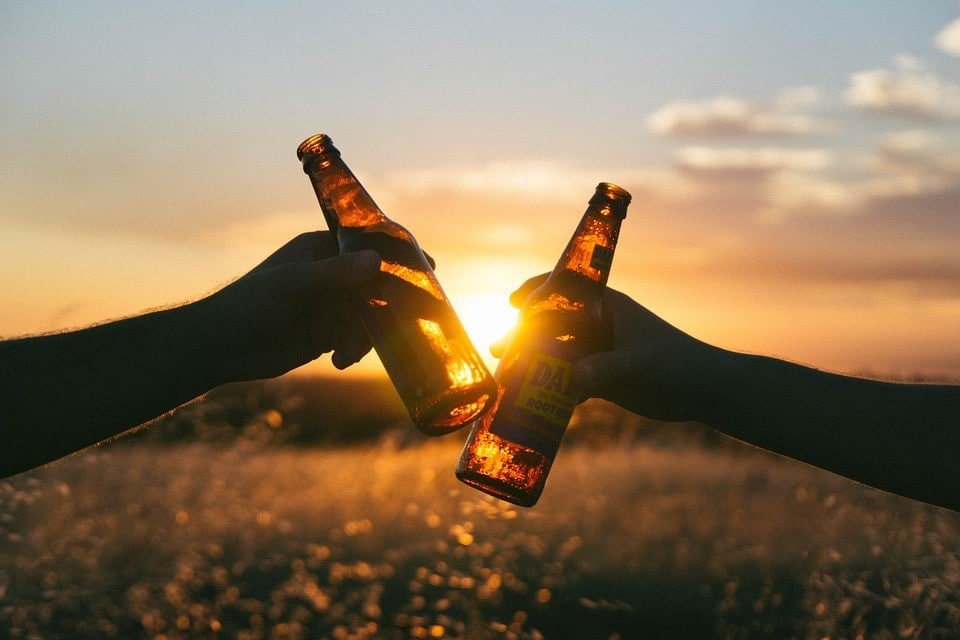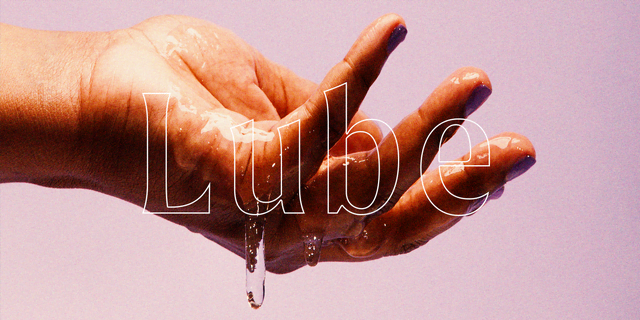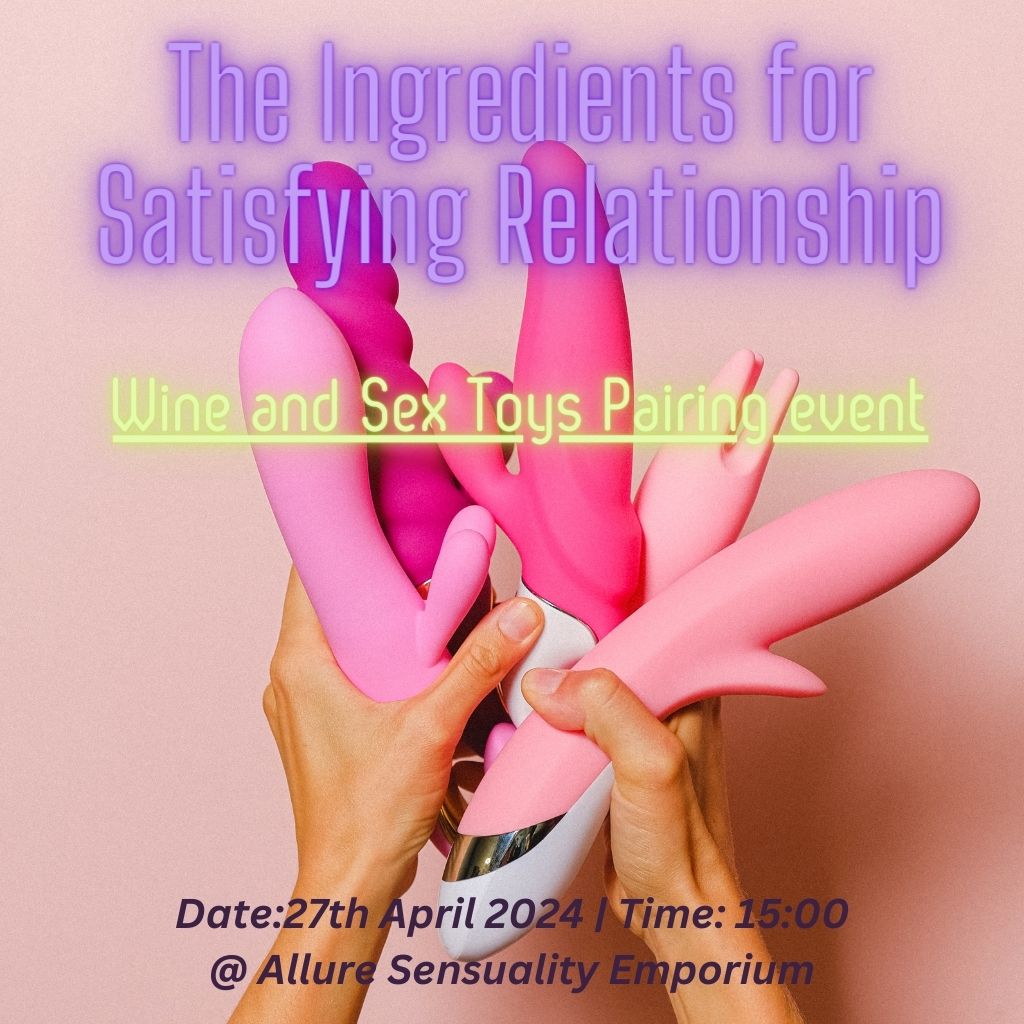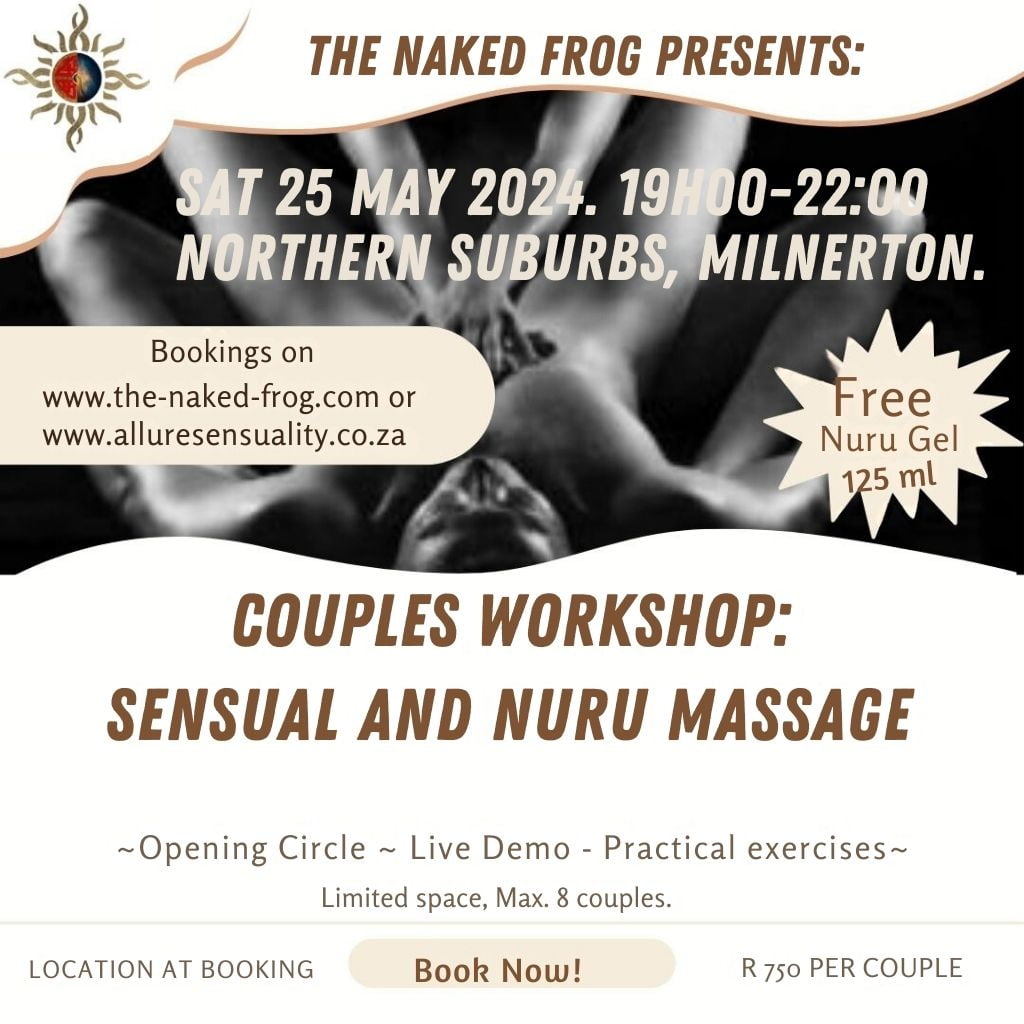As South Africans we are notorious for our heavy alcohol consumption. In fact, we rate in the top 10 countries for Africa’s heaviest drinkers. And in trying and stressful times like these, it’s not unheard of to reach for the bottle to relax and unwind a bit.
Have you ever thought about how alcohol affects not only your health, but also your sex life? We’re all familiar with the humorous slang term ‘beer goggles’. The consumption of alcohol lowers your inhibitions and visual perception so that you are drawn to people you would otherwise not find attractive. While lowered inhibitions and an increased sexual drive may seem ideal, alcohol abuse can wreak havoc on your sex life.
Let’s look at the science.
Alcohol is a depressant. After consumption, alcohol causes the body’s systems to slow down. Often, feelings of drunkenness are associated with elation and happiness, but other feelings of anger or depression can arise. Balance, judgment, and coordination are also negatively affected. One of the most significant short-term side effects of alcohol is reduced inhibition. Reduced inhibitions can lead to an increase in sexual behaviour.
Men’s sexual behaviours can be affected dramatically by alcohol. Both chronic and acute alcohol consumption have been shown in most studies to inhibit testosterone production in the testes. As testosterone is critical for libido and physical arousal, alcohol tends to have deleterious effects on male sexual performance.
Studies have been conducted that indicate increasing levels of alcohol intoxication produce a significant degradation in male masturbatory effectiveness. This degradation was measured by measuring blood alcohol concentration and ejaculation latency. Alcohol intoxication can decrease sexual arousal, decrease pleasureability and intensity of orgasm, and increase difficulty in attaining orgasm.
In women, the effects of alcohol on libido in the literature are mixed. Some women report that alcohol increases sexual arousal and desire, however, some studies show alcohol lower the physiological signs of arousal. A 2016 study found that alcohol negatively affected how positive the sexual experience was in both men and women. Studies have shown that acute alcohol consumption tends to cause increased levels of testosterone and estradiol. Since testosterone controls in part the strength of libido in women, this could be a physiological cause for an increased interest in sex. Also, because women have a higher percentage of body fat and less water in their bodies, alcohol can have a quicker, more severe impact. Women’s bodies take longer to process alcohol; more precisely, a woman’s body often takes one-third longer to eliminate the substance.
Sexual behaviour in women under the influence of alcohol is also different from men. Studies have shown that increased BAC is associated with longer orgasmic latencies and decreased intensity of orgasm. Some women report a greater sexual arousal with increased alcohol consumption as well as increased sensations of pleasure during orgasm. Because ejaculatory response is visual and can more easily be measured in males, orgasmic response must be measured more intimately. In studies of the female orgasm under the influence of alcohol, orgasmic latencies were measured using a vaginal photoplethysmograph, which essentially measures vaginal blood volume.
Psychologically, alcohol has also played a role in sexual behaviour. It has been reported that women who were intoxicated believed they were more sexually aroused than before consumption of alcohol. This psychological effect contrasts with the physiological effects measured but refers back to the loss of inhibitions because of alcohol. Often, alcohol can influence the capacity for a woman to feel more relaxed and in turn, be more sexual. Alcohol may be considered by some women to be a sexual disinhibitor (Wikipedia).
So, what does all this tell us? Drinking large amounts of booze can make it hard to get and keep an erection. Basically, alcohol just interferes with the messengers running back and forth from your brain to tell your penis to fill with blood (an erection) and overdoing it on the booze can lead to erectile dysfunction. Alcohol interferes with women’s fertility and can also make it hard to reach orgasm – and who would want to miss out on that?
We all know that sex keeps our bodies running like a fine-tuned car. If you feel it’s time to have less alcohol and more sex, start with cutting down on your alcohol consumption. You could increase your number of drink-free days per week, exchange your glass of wine at dinner for another non-alcoholic beverage, and decide on the number of drinks you will have on an occasion and stick to that limit.
In the long run, you will save your health, your finances (yes, we know you’ve paid R1000 for a bottle of Tanqueray during lockdown) and your libido. Put away all the money you would have spent on alcohol for the month and treat yourself and your partner to a romantic night ‘away’ instead.
The upper limit guidelines for alcohol consumption are 1 drink per day for women, and 2 drinks per day for men.









